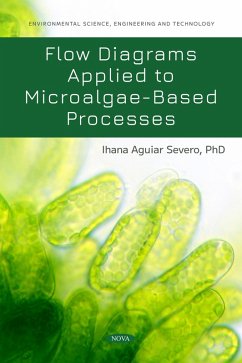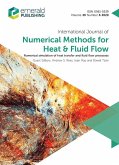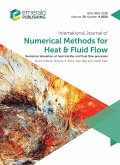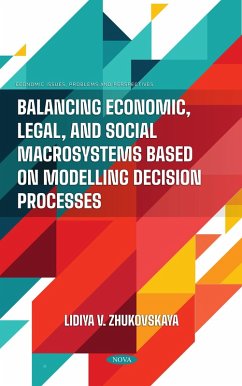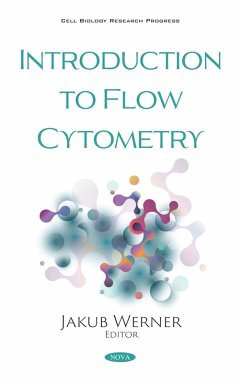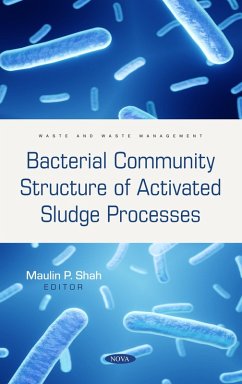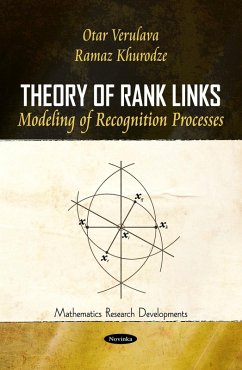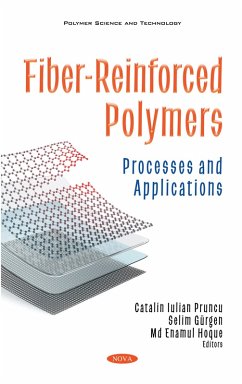The world energy crisis in the 1970s boosted advances in the industrial sector, resulting in considerable improvements in processes efficiency. At the same time, numerous technical, economic, and environmental challenges have arisen, which manufacturing facilities had - and still have - to face. The traditional chemical, energy, pharmaceutical, and food industries are based on fossil and non-renewable inputs, which exert some of the deepest environmental impacts on the ecosystem. Additionally, any and all of the industries mentioned above require high energy demands and flows of mass and water to operate and ultimately generate a pollutant load. Today, it is imperative that these facilities adopt alternative routes to improve productive chains to optimize processes, materials, equipment, and/or processing techniques. Much of the innovation is provided by global research and development activities. Examples of this are the biotechnological processes mediated by microalgae for consumer goods production, which are expanding rapidly. These bioprocesses are unique because they associate the use of residual raw materials or not with the production of multiple value-added products that are in high demand in the market. Microalgae-based processes also present uncertainties that need to be eliminated to become viable. One of the bottlenecks is that they are quite diversified, whose engineering projects cover systems that vary in size and detail. Engineers involved in the modern microalgae industry must, therefore, define the input and output structure of the processes with robustness through the establishment of flow diagrams. These diagrammatic representation tools or conceptual flows are important to represent the unit operations of the process, equipment, utilities, and waste generation. Diagrams are schematic drawings of a sequential flow of steps aiming to show parts, mechanical devices, instrumentation, symbols, topology, among other aspects. On the journey towards industrial competition, process flow diagrams of microalgae systems are fundamental as they would reduce costs, time, possible losses, and increase productivity, efficiency, sustainability, and economy. This booklet presents a compilation of relevant information about flow diagrams applied to microalgae-based processes. The document highlights the three main types of flowcharts, including block flow diagram, process flow diagram, piping and instrumentation diagram, as well as practical examples and detailed discussions on the application and use of these tools.
Dieser Download kann aus rechtlichen Gründen nur mit Rechnungsadresse in A, B, BG, CY, CZ, D, DK, EW, E, FIN, F, GR, HR, H, IRL, I, LT, L, LR, M, NL, PL, P, R, S, SLO, SK ausgeliefert werden.

